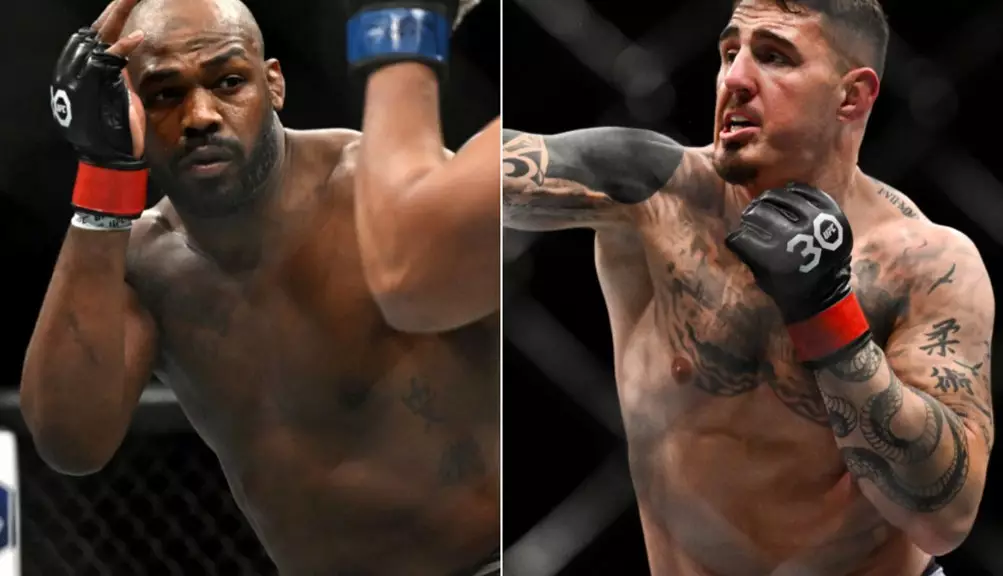In the world of mixed martial arts (MMA), few names resonate as powerfully as Jon Jones. With an impressive record of 27 wins and only one loss since his debut, he stands as a quintessential figure in the UFC, often hailed as the greatest of all time. However, as Jones approaches a much-anticipated showdown with Stipe Miocic at UFC 309, the conversation about his legacy and future becomes increasingly complicated. UFC CEO Dana White’s skepticism regarding Jones’ interest in a bout with the light heavyweight champion Alex Pereira highlights a significant divergence between ambition and practical matchmaking within the sport.
The Stakes of UFC 309
Jones faces Miocic in a fight that many predict could either solidify or tarnish his legacy. The expectation is that a victory here will set the stage for a range of possibilities regarding his future in the octagon. However, White suggests that should Jones decide not to hang up his gloves post-UFC 309, his most logical opponent would be Tom Aspinall, the current interim champion with a solid record. White dismisses Pereira as a plausible match-up, arguing that the striking prowess of the former middleweight champion does not offset the wrestling dominance and size advantage of Jones.
This is not to say that Jones has disregarded the business and legacy angles of his potential fights. His flirtation with the idea of retirement juxtaposed with his ongoing conversations about future matchups indicates a mind still craving the spotlight but also considering the implications of each fight.
Controversial Choices and Implications
While Jones has been enchantingly vocal about wanting to fight Pereira, White’s response underlines a crucial point in the sports business realm: popularity and competitive merit do not always align. Jones’ penchant for selecting matchups that appear advantageous to his legacy could result in miscalculations if he disregards the fighters who are currently dominating their weight classes. Aspinall, with his rising stock in the division, presents a significant threat beyond just a title.
White’s vision of the future carries weight, suggesting a formula that connects athletes’ reputations with their skillsets. If Jones were to win against Miocic, perhaps the hunger for a new challenge would emerge, making a fight against Aspinall feasible. However, the very essence of such a fight will hinge on how Joneslicates his legacy with his tactical decisions moving forward.
As Jon Jones gears up for UFC 309, the question remains: Will he retire, or will there be another chapter in his storied career? White’s insights point towards a potential clash with Tom Aspinall as the natural progression for Jones if he continues to fight. The dichotomy between Jones’ aspirations and White’s strategic matchmaking reflects the ongoing evolution of MMA, where legacy meets business acumen. The trajectories of these athletes will shape not only their futures but also the essence of competitive spirit in the sport. Whether Jones ultimately opts for a legacy fight or strategic showdown, it promises to redefine his journey in the octagon and leave an indelible mark on MMA history.

